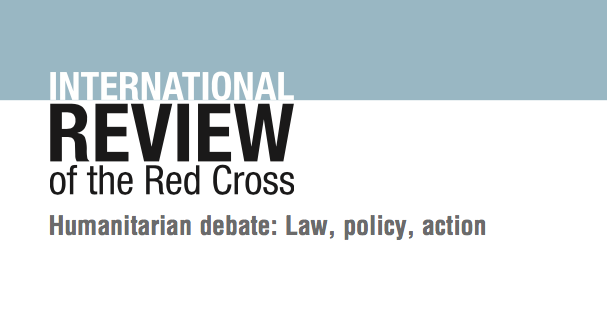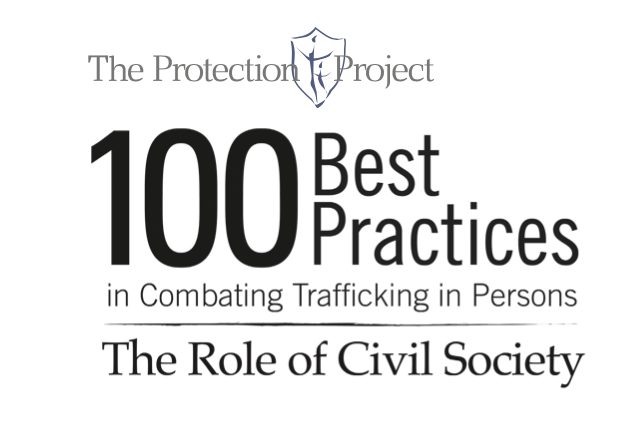https://www.eda.admin.ch/deza/en/home/themes-sdc/migration/human-trafficking.html
Human trafficking – prevention and strengthening of local capabilities
SDC focus
Switzerland regards human trafficking as a serious violation of human rights. The SDC is particularly involved in tackling this problem in eastern Europe and the South Caucasus. When it comes to human trafficking, these are not only countries of origin but also of transit and destination. The SDC’s activities include:
- implementing information campaigns and raising awareness among young people, particularly marginalised groups within society (e.g. boarding school pupils and orphans)
- strengthening national repatriation programmes for victims of human trafficking and, where possible, developing international programmes
- strengthening regional networks, organisations and key players that are involved in the prevention of human trafficking and the assistance, repatriation and reintegration of victims of trafficking
- contributing to interdepartmental working groups, such as the working group on international cooperation on migration and the Swiss Coordination Unit against the Trafficking in Persons and the Smuggling of Migrants, in order to ensure that Switzerland has a coherent domestic and foreign policy in this area
Background
Human trafficking is a global problem, one that has intensified over the last 20 years as globalisation has increased. The poorer the country, the easier it is for criminal trafficking networks to recruit people. Human trafficking is particularly widespread in Latin America, south-east Asia, and eastern and south-east Europe. Countries of transit and destination are typically industrialised countries.
By contrast with people smugglers, who generally transport consenting individuals to another country in return for payment, human traffickers make false promises in relation to employment or marriage and threaten or use violence in order to exploit their victims and enslave them. However, it is difficult to draw a clear line between these two types of activity.
The International Labour Organisation estimates that in 2012, 21 million people around the world became victims of human trafficking, either in their own country or abroad. Some 90% of cases involve forced labour. Of those, one-fifth concern sexual exploitation, while four-fifths relate to the agricultural sector, the building trade, industry or domestic staff in private households.
According to estimates by the European Commission and the Organization for Security and Co-operation in Europe, 55% of all victims worldwide are women or girls.
These days, human trafficking is one of the most lucrative crimes there is, on a par with the trafficking of weapons and drugs. The total financial proceeds of human trafficking worldwide are in excess of USD 10 billion.
Current challenges
Human trafficking is an international problem, one that has been exacerbated by the internet and the fact that travel has become so much easier. In order to effectively tackle human trafficking, preventive measures need to be implemented and victims need to be better protected. There is also a need to increase the number of prosecutions and conduct more intensive information campaigns in migrants’ countries of origin regarding the dangers of economic migration.
International cooperation is also important. Thus far, however, this has only addressed selected aspects of human trafficking, such as the trafficking of women and forced labour. Accordingly, further regulation and agreements are required at the international level.




